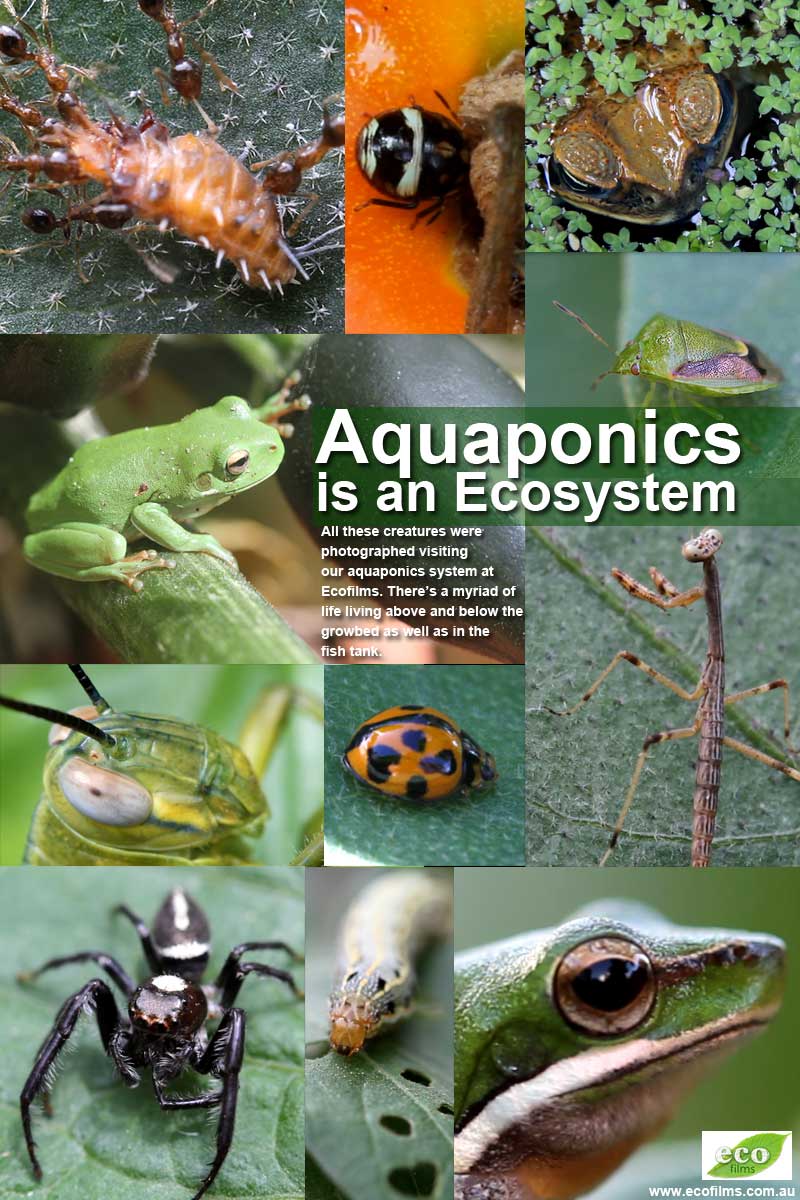Reader Question: Is Aquaponics Natural?
Originally posted at Cold Weather Aquaponics.
I thought I’d share with you a question I got from a reader last week that strikes me as something that a lot of people probably wonder about:
Here is the question I’ve always wondered/worried about with aquaponics: What about soil nutrients?
The more I read about organic/holistic gardening, the more I realize the importance of the soil and its bio-nutrients and how much we don’t understand everything they do. So do we lose something when we move to water?
Thanks Chelsea for your great question!
Soil life is so far beyond human understanding right now that we can do little more than scratch our heads and do what works.
Comment
-
Comment by Alex Veidel on May 5, 2014 at 8:41pm
-
I think I remember the issue with aquponics organic certification being the proximity of your produce to fresh animal waste...but I can't remember if that was USDA certification or through certain third party certifiers.
-
Comment by Jeremiah Robinson on May 4, 2014 at 2:22pm
-
I suppose if you fed your fish from black soldier flies and duckweed, and spread the solids on your regular garden you would get a bit more integrated.
I know aquaponics farms have just started to get certified as organic. I think the challenge has been that the USDA frowns on feeding animal meal from one species to a similar species. In the fish world, though, that's normal.
-
Comment by Alex Veidel on May 4, 2014 at 7:57am
-
Is aquaponics natural? Well, aquaponics relies heavily on natural processes, more so than most hydroponics systems, or even your average american soil garden, for that matter (one that relies on heavy use of fertilizer salts and pesticides). But there's an element of the unnatural in aquaponics that comes from constructing a distinct, closed off and separated system. Especially so when one is gardening indoors. I don't think aquaponics replaces proper, ecological soil gardening, but in situations where soil gardening is impractical, I'd say it's a pretty darn good way to go :)
© 2025 Created by Sylvia Bernstein.
Powered by
![]()



You need to be a member of Aquaponic Gardening to add comments!
Join Aquaponic Gardening